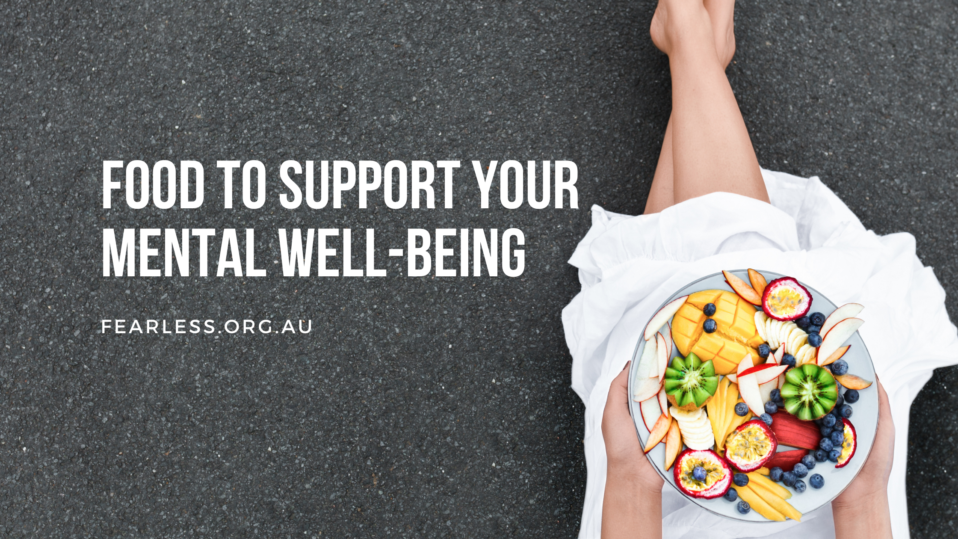The food we eat plays a crucial role in our physical and mental health, and research has shown that certain foods can have a significant impact on our mood. In this blog, we’ll explore how different foods can affect your mood and how you can make food choices that will support your mental well-being.
- Complex carbohydrates: Complex carbohydrates, such as whole grains and brown rice, are slow-burning energy sources that can help stabilize blood sugar levels and improve mood. These types of carbohydrates are a good source of tryptophan, an amino acid that the body converts into serotonin, a neurotransmitter that is associated with feelings of happiness and well-being.
- Omega-3 fatty acids: Omega-3 fatty acids are essential for brain health, and research has shown that they may help improve mood and reduce symptoms of depression and anxiety. Foods rich in omega-3 fatty acids include salmon, sardines, anchovies, and flaxseeds.
- Vitamin B: Vitamin B is essential for the production of neurotransmitters that regulate mood and brain function. Good sources of vitamin B include poultry, fish, dairy products, and whole grains.
- Leafy greens: Leafy greens, such as spinach and kale, are a good source of folate, a B vitamin that has been linked to improved mood and reduced risk of depression.
- Dark chocolate: Dark chocolate is rich in flavonoids, which are antioxidants that have been shown to improve mood and reduce symptoms of anxiety and depression. However, it’s important to choose high-quality dark chocolate with a high percentage of cacao and low sugar content.
- Spices: Some spices, such as turmeric, have been shown to have mood-boosting properties. Turmeric contains curcumin, which has anti-inflammatory and antioxidant effects that may help improve mood and reduce symptoms of depression.
- Processed and sugary foods: Processed and sugary foods can have a negative impact on your mood, as they can cause spikes and crashes in blood sugar levels, leading to feelings of irritability and fatigue. To support your mental well-being, it’s best to limit your intake of processed and sugary foods.
In conclusion, what we eat can have a significant impact on our mood and mental well-being. By choosing foods that are rich in complex carbohydrates, omega-3 fatty acids, vitamin B, leafy greens, dark chocolate, and spices, you can support your mental health and improve your mood. As with anything, moderation is key, and it’s important to remember that food should be part of a holistic approach to mental health, which should also include exercise, sleep, stress management, and social support.
About FearLess
FearLess is a charity that works with people living with the consequences of post traumatic stress (often referred to as PTSD). We also help family members in any way affected by it. Our community members come from all walks of life including those living with PTSD and their families or people who want to do their bit to make the lives of people living with post traumatic stress more enjoyable and fulfilling. Our work complements the activities of other community-based organisations and government agencies that provide services to people with post traumatic stress.
This website has been established to provide information about PTSD to the Australian and New Zealand community. The website’s content is not intended to be a substitute for professional medical advice, diagnosis or treatment. You should seek the advice of an appropriately qualified healthcare professional before making decisions about your own circumstances. You should not disregard professional medical advice, or delay seeking it, because of any information contained on this website.



Post a comment